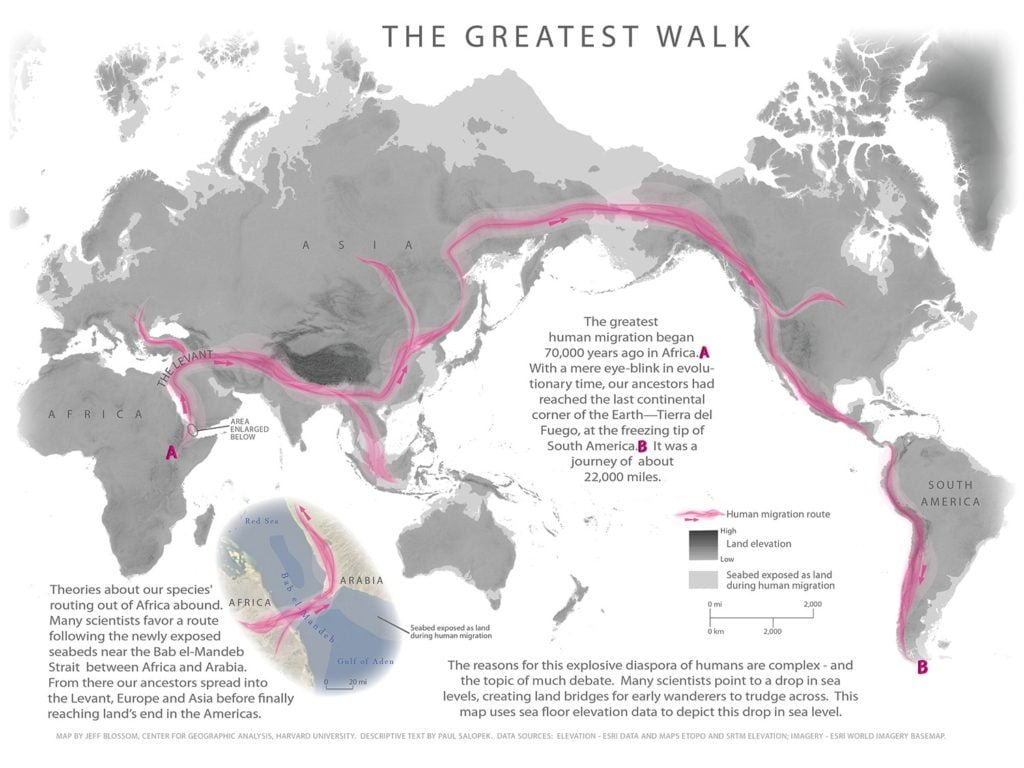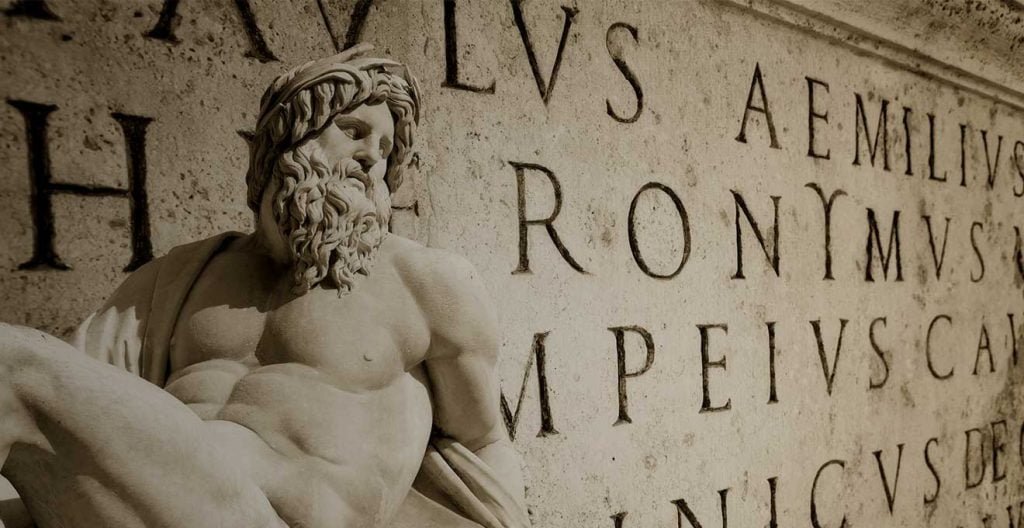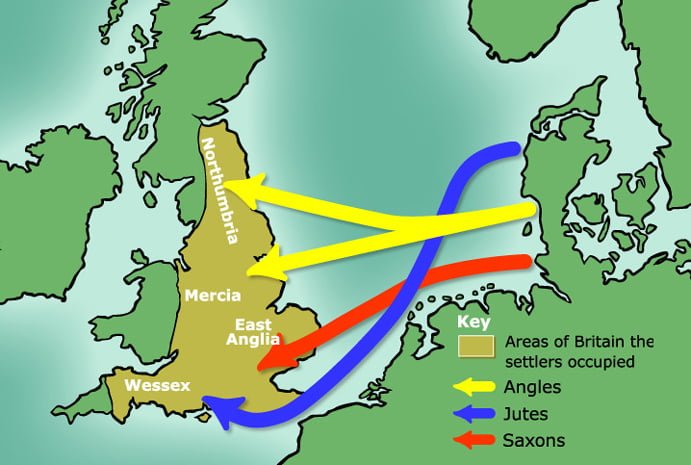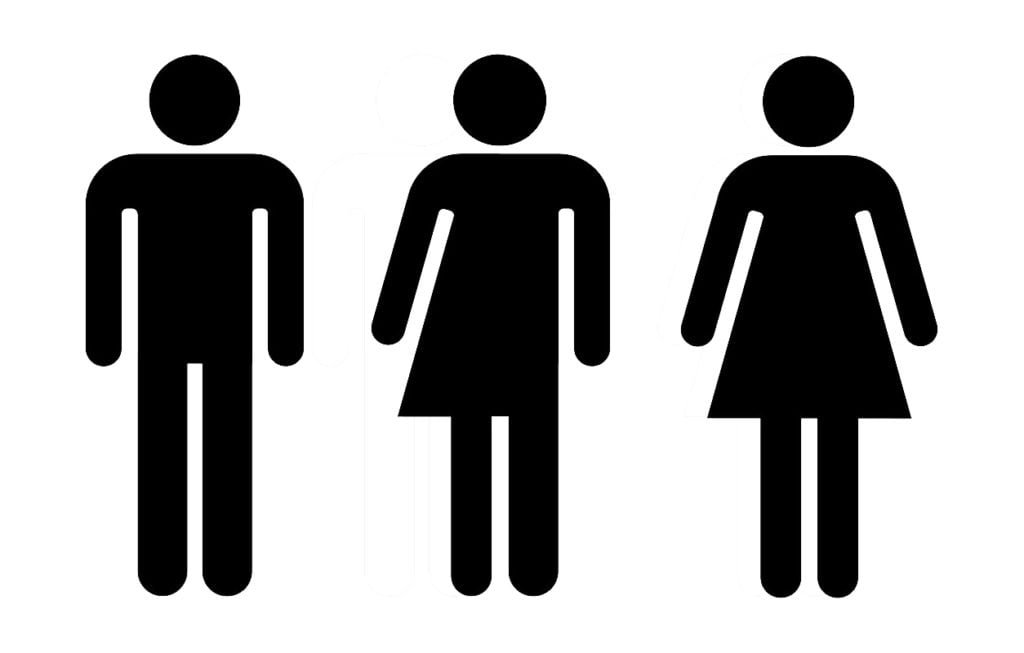Arabic is one of the most ancient, varied, and beautifully scripted languages. It is spoken by nearly 400 million users, placing it among the most 5 spoken languages in the world. Its influence on Spanish since the time of the Moors is well known, but what’s less well known is how many commonly used English words were actually taken from Arabic. English didn’t borrow all of the words directly; they mostly came filtered through Latin, Turkish, French, Spanish, German, and/or Italian, and have changed in form — and sometimes meaning — since they left Arabic. Here is a list:
1. Zero
The electronic device you’re reading this on wouldn’t exist without digital programming, which wouldn’t exist without the number 0 (zero), which — believe it or not — Europeans didn’t think of as a number until the Italian mathematician Fibonacci introduced it to them in the early 1200s. He learned it from Arabic culture in North Africa, where he grew up. He took the Arabic word sifr, meaning “empty” or “nothing,” and Latinized it as zephyrum. That got trimmed down a little bit over time to the Italian zero. Of course, along with the concept, he needed a way of writing it. Roman numerals didn’t have a zero (of course), and anyway they’re not good for doing decimal mathematics: It’s much more bother to work with XX times LXVII than with 20 times 67. So he borrowed numerals from Arabic, too — which is why typographers call these digits Arabic numerals. (The way they look in Arabic now is different from how they look for us now.
2. Alcohol
Are you surprised that alcohol comes from Arabic? The word does, but the thing doesn’t. In the original Arabic, al-kuhl means “the kohl,” which is to say a cosmetic powder for the eyes. It was made by an extraction process from a mineral, and European chemists took to using alcohol to refer to anything produced by extraction or distillation. But then the “alcohol of wine” (the spirit you get from distilling wine) took over the name exclusively.
3. Sugar
Westerners owe a lot of enjoyment to Arabic traders. They brought sugar to Western Europeans (first the Italians and French, and from them the English), plus their word for it, sukkar, which they in turn got from Sanskrit, sharkara.
4. Coffee
English got this word from Italian, caffè, which was taken from Turkish, kahve. Turkish got it from Arabic, qahwah. Western Europe also got the beverage from Arabia (via Italy via Turkey); Arabia in turn got it from eastern Africa.
5. Orange
Originally from South and East Asia, oranges were known in Sanskrit as naranga. This became the Persian narang, which became the Arabic naranj. Arabic traders brought oranges to Spain, which led to the Spanish naranja. Then it went into old French as un norenge, then Modern French as une orenge. Then English took it from the French and it became orange.
6. Candy
English also got candy from Arabic — qand — which referred to the crystallized juice of sugar cane. Arabic got it from Persian, which got it from Sanskrit.
7. Syrup
Of course if Arabic gave English sugar and candy, it also gave it syrup. In this case, the original is sharab, which refers to a beverage: wine, fruit juice, or something sweeter.
8. Cotton
Cotton isn’t originally from Arabia — it’s native to India and Central and South America, among other places — but since Westerners were doing trade with traders from Arabia, Americans and the rest of Western Europe got this word for from Arabic, qutn.
9. Magazine
A magazine is a veritable storehouse of well-turned prose, which is why it’s called a magazine — the word originally means “storehouse.” It’s still used in the military for a storage place for explosives. English got the word from French (which now uses magasin to refer to a store), which got it from Italian, magazzino, which came from Arabic, makzin.
10. Mattress
Speaking of furniture, Europeans didn’t always sleep on big, soft, cushioned things. Bedding was sparer throughout much of their history. But the Crusaders, for all the bad things they did, at least learned a few things from Arabic culture, one of which was the idea of sleeping on cushions. And the Arabic word for the place where the cushions were thrown down is matrah, which came from taraha, “throw.” It came into Latin as materacium or materatium, and from there Italian and the other European languages picked it up.
Here is an infographic of these and more words:

References
The Week Magazine
Indy100






